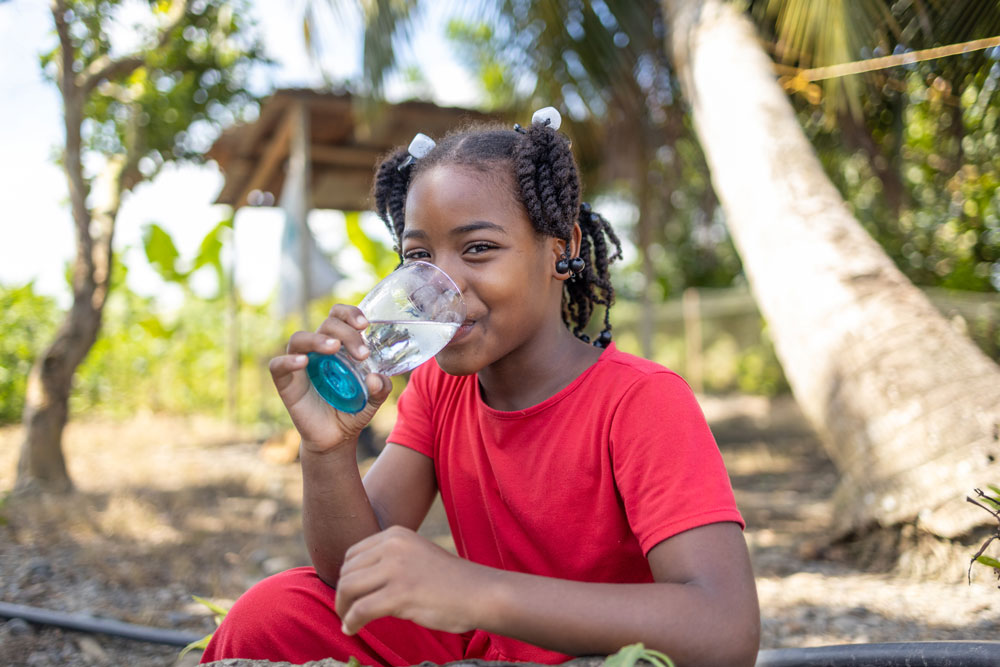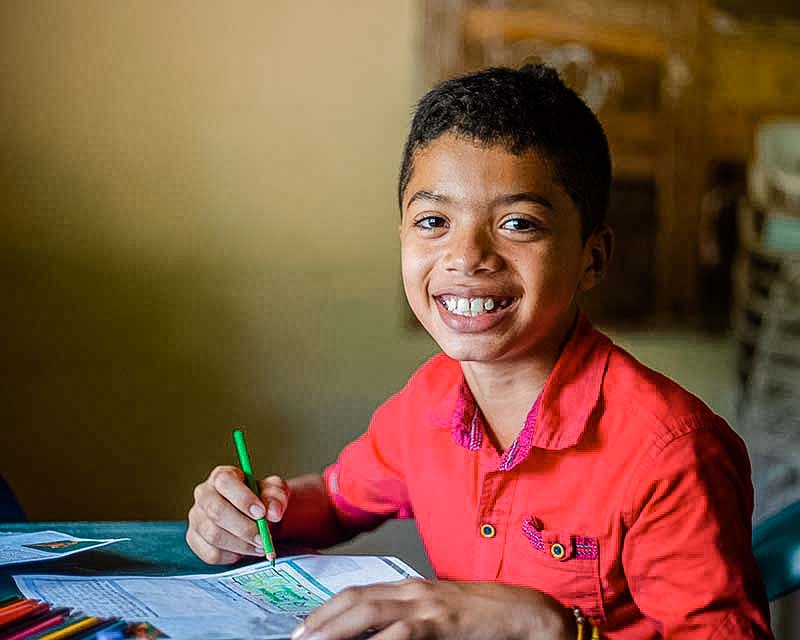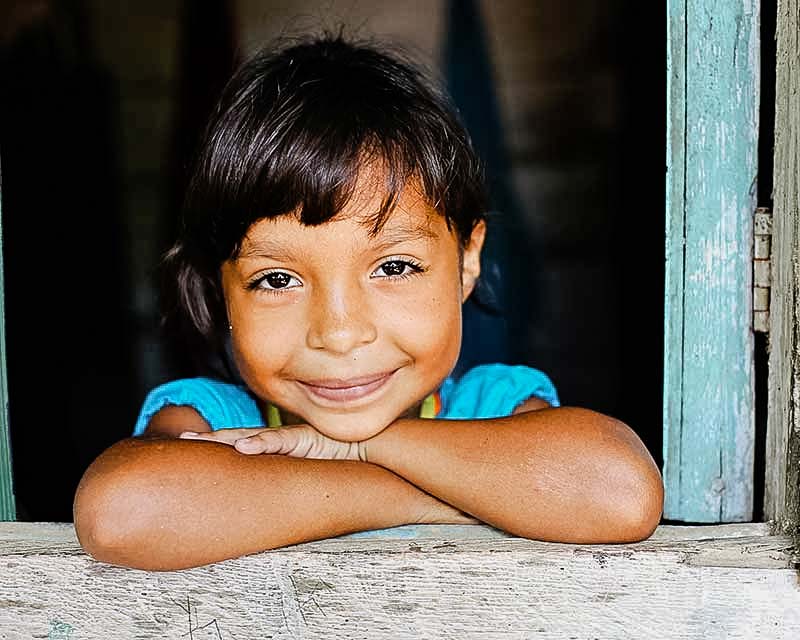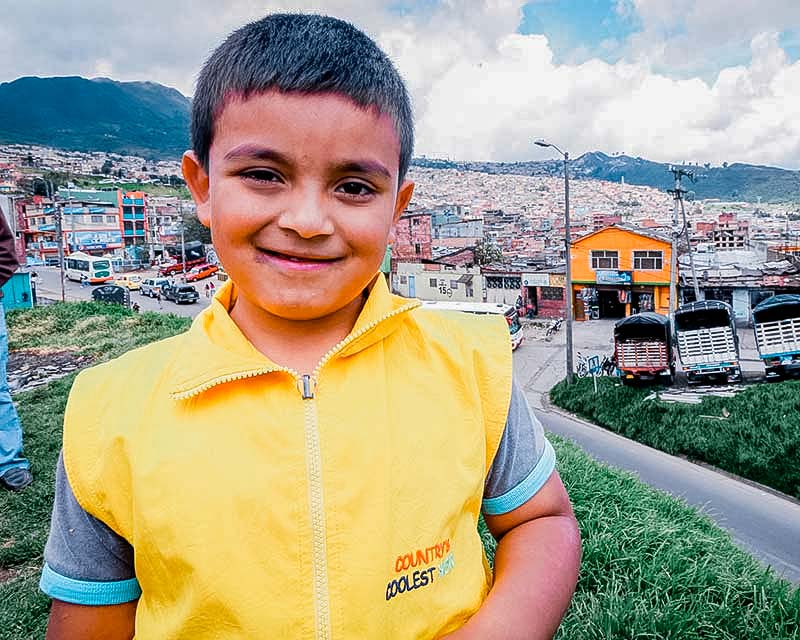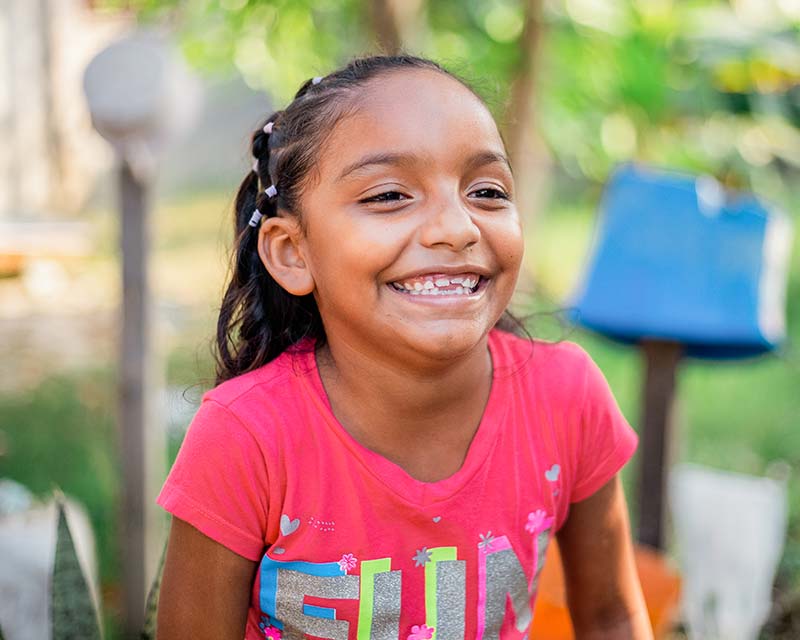Colombia’s diverse landscape has everything from snow-capped volcanoes and tropical beaches to dense rainforests and sprawling savannas. Music, dance and soccer are all important parts of Colombian culture.
More than five decades of conflict between the government and drug-trafficking militia has seen over five million people displaced by violence. This internal tension has exacerbated poverty by making it harder for vulnerable Colombian children and their families to access safe shelter, medical care and education.
FARC, the most notorious and powerful insurgent group, signed a historic peace treaty in 2016 with the government, but splinter groups have rejected the peace deal and trafficking cartels and gangs still control large swaths of the nation. Violence is rising once again. Colombia remains one of the world’s top cocaine producers—and Australia is a significant export market. And the poorest sections of society, including Colombia’s indigenous people, continue to struggle.
Across the country, local churches continue to support and encourage children and their families, reaching out to those in need. With support from Compassion and generous sponsors, these local churches work to release children from poverty in Jesus’ name.
READ MOREkeyboard_arrow_down
READ LESSkeyboard_arrow_up
